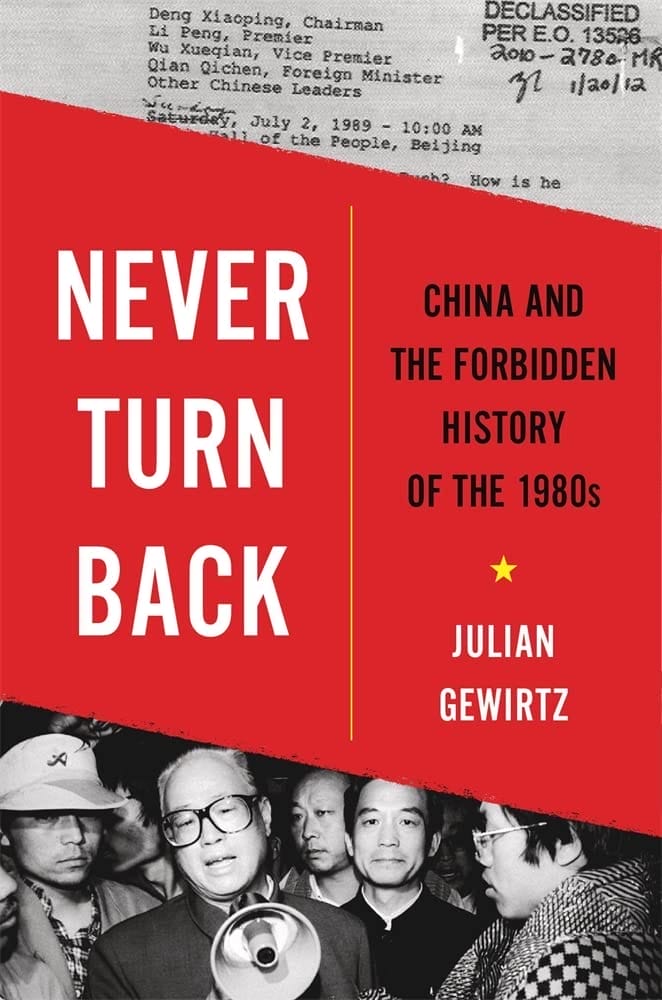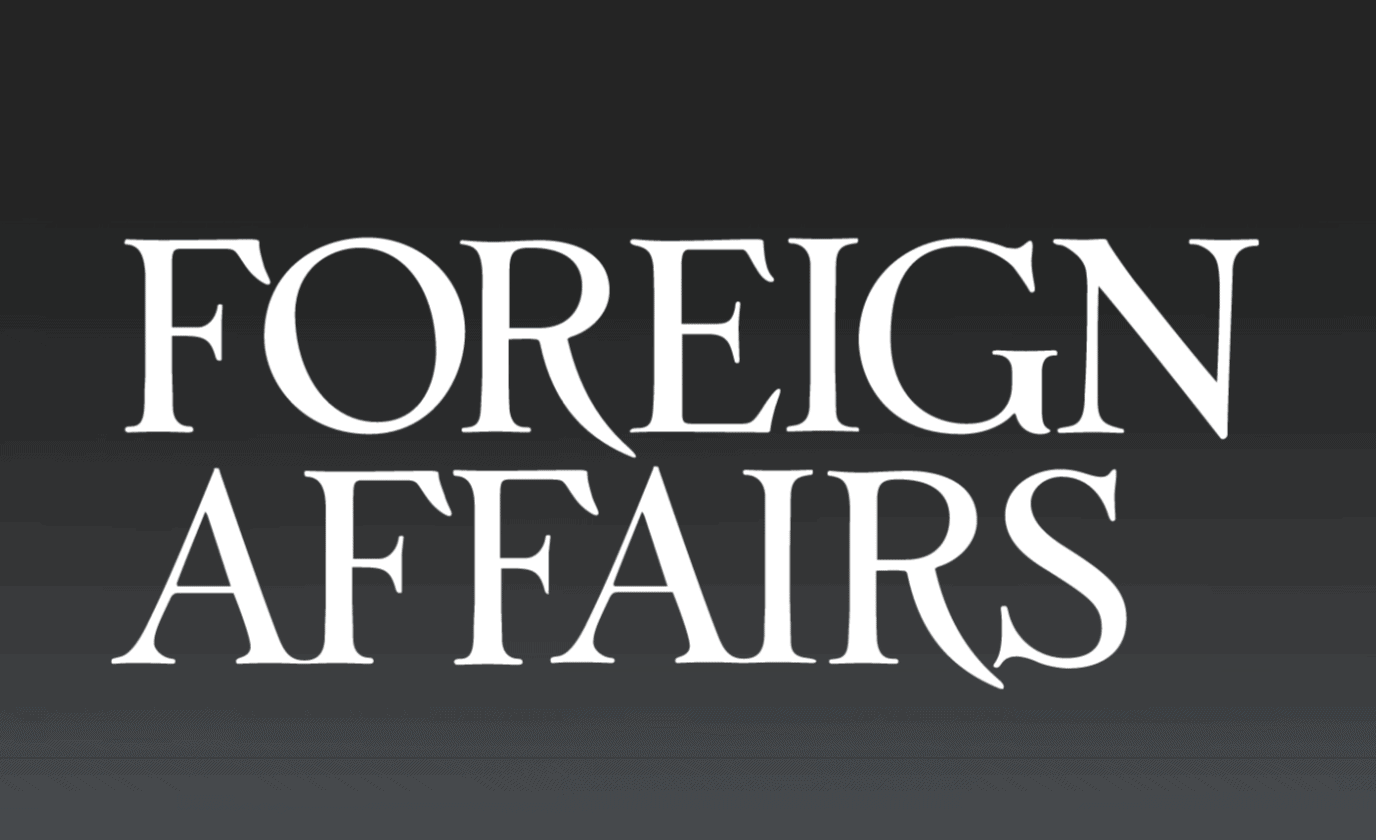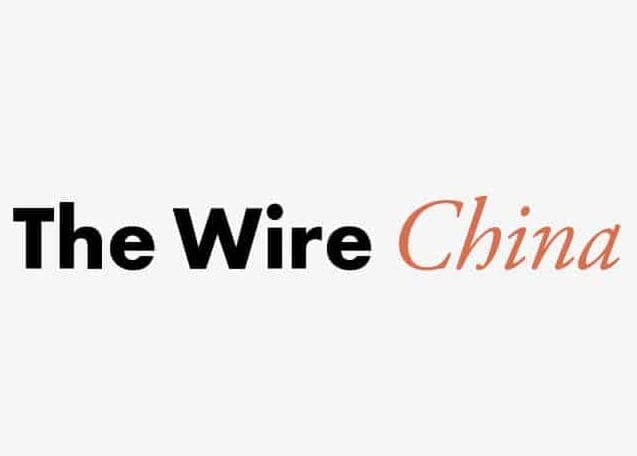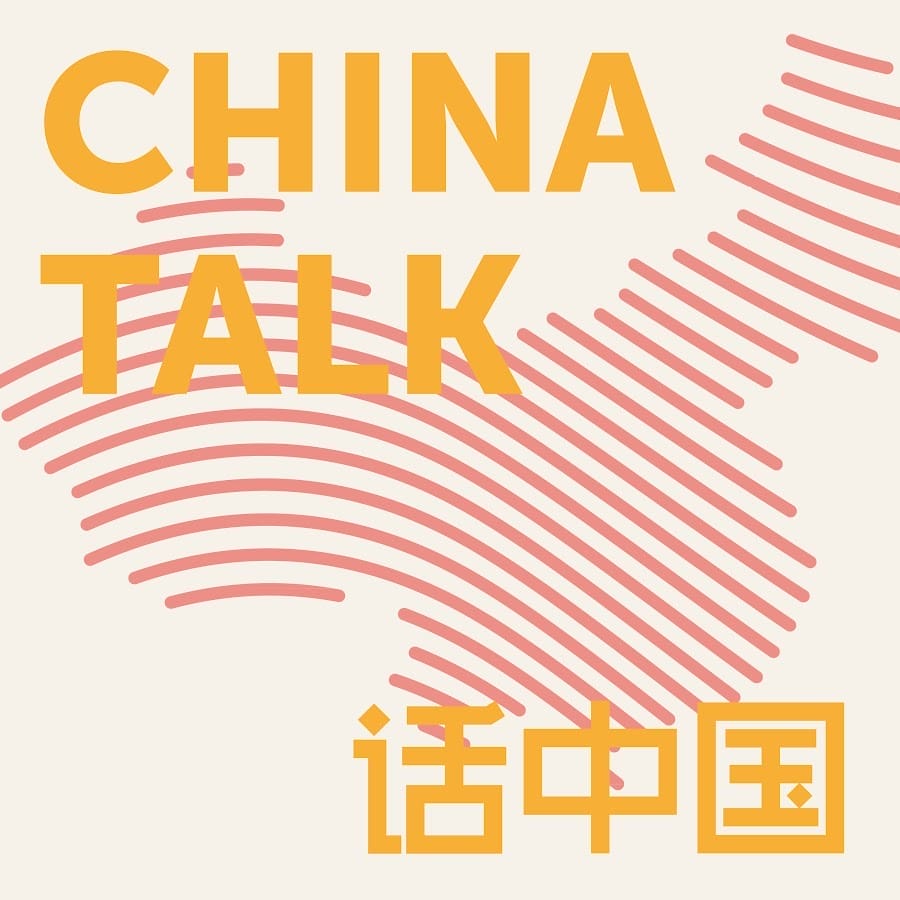Videos
Learn More About Julian Gewirtz
Julian Gewirtz, a scholar at Harvard Kennedy School’s Belfer Center for Science and International Affairs, senior research scholar at the Columbia School of International and Public Affairs (SIPR) and the Institute of Global Politics (IGP), and former Senior Director for China and Taiwan Affairs at the National Security Council, is one of today’s sharpest minds on geopolitical, economic and regional issues across the world.
As a former senior foreign policy official at the White House and global diplomat at the State Department during the Biden administration, Gewirtz brings first-hand knowledge of the strategies shaping today’s geopolitical standoff and sheds light on the future of supply chains, tech policy and trade brinkmanship.
An expert on U.S. foreign policy, Chinese politics and the next chapter of U.S.-China economic competition who was named one of the “50 people shaping our society in 2025” by The Washington Post, he speaks with rare clarity about how China’s leadership sees the world and what it means for corporate risk, regulation and opportunity across sectors. Author of the highly praised books “Never Turn Back: China and the Forbidden History of the 1980s,” and “Unlikely Partners: Chinese Reformers, Western Economists, and the Making of Global China,” and a former senior fellow at the Council on Foreign Relations who has taught at Harvard and Columbia, he uses vivid examples drawn from the past and present of US-China relations to explore how former partners became rivals whose competition is defining this century.
As finance, manufacturing and global markets react to shifting tariffs and intensifying rhetoric, Gewirtz equips decision makers with a grounded, policy-informed view of what might happen next and how to prepare.
Gewirtz received his doctoral degree in modern Chinese history in 2018 from Oxford University, where he was a Rhodes Scholar, and his undergraduate degree from Harvard College in 2013.
Julian Gewirtz is available to advise your organization via virtual and in-person consulting meetings, interactive workshops and customized keynotes through the exclusive representation of Stern Speakers & Advisors, a division of Stern Strategy Group®.
On the Precipice: Where Are U.S.-China Relations Heading?
From titanic tariffs and contested export controls to shifting alliances and military brinkmanship, the U.S.-China relationship has entered a volatile new phase where past assumptions no longer hold, and the risk of escalation looms large. Drawing from his rare firsthand policy experience as the former senior director for China and Taiwan Affairs in the White House National Security Council (NSC) and as deputy China coordinator for the State Department, Columbia University Senior Research Scholar Julian Gewirtz decodes the complex forces driving this geopolitical rivalry, from technological arms races to tensions across the Taiwan Strait. Informed by his deep understanding of Chinese politics and American policymaking, Gewirtz uses the long lens of a historian to lay out clear scenarios for what could come next and what leaders must do now to prepare. Audiences walk away with a concrete toolkit for navigating U.S.-China competition, assessing geopolitical risk and actively scenario planning for a rapidly fragmenting world order.
What Xi Jinping Wants and How It’s Reshaping Global Politics and Economics
What motivates China’s most powerful leader since Mao? Julian Gewirtz, Columbia University Senior Research Scholar and U.S. State Department and National Security Council veteran, offers a rare window into the strategic thinking of Xi Jinping and reveals how ideology, insecurity, ambition and long-term vision shape the decisions coming out of Beijing. From domestic control to global influence, Xi’s priorities are transforming the landscape of power, technology and diplomacy. In eye-opening presentations, Gewirtz blends insider insight from his time at the highest levels of U.S. government with deep scholarly expertise, including close study of Xi since before he became China’s top leader, to show how Xi’s worldview is reshaping global norms. Attendees will gain a sophisticated, actionable understanding of Xi Jinping’s strategic calculus and what it means for global business, diplomacy and the future of U.S.-China relations.
China’s Quest to Catch Up and Surpass the U.S. in Advanced Technology
For decades, Chinese leaders have dreamed of overtaking the United States in science, technology, and industry. Today, we see that ambition accelerating in everything from semiconductors and AI to green energy and advanced robotics. As a former U.S. official who has played a key role in shaping tech policy during this critical race, Julian Gewirtz unpacks how China is pursuing strategies to catch up and surpass the West and what the implications are for American firms, global R&D and the broader competition for economic power. This enlightening session draws on cutting-edge policy work, field engagement with global tech stakeholders, and Gewirtz’s acclaimed research into China’s long-term technological strategy. Audiences leave with a sharpened understanding of China’s emerging tech ambitions and strategic insights into how governments and businesses must respond.
How the Chinese Communist Party Controls History to Engineer the Future
China’s rulers take inspiration from George Orwell’s “1984”: “Who controls the present, controls the past. Who controls the past, controls the future.” Columbia University Senior Research Scholar Julian Gewirtz, who is an author of several books on China, explores how Xi Jinping and the Chinese Communist Party use control of historical memory as a tool of power, legitimacy, and repression. In this fascinating session, Gewirtz reveals how, through censorship, museum exhibitions, and political campaigns, the Party shapes what can be said and what must be forgotten about events like the Tiananmen protest movement, World War II and even COVID-19. Gewirtz, whose acclaimed book “Never Turn Back” (2022) documents these forbidden histories, connects the dots between past and present to show how historical narrative is weaponized in China’s domestic and international strategy. Attendees will come away with a deeper appreciation for how historical memory drives Chinese politics and how to leverage that knowledge to unlock more effective engagement, risk management and policymaking.
Why China’s Growing Global Ambitions Matter
From Latin America to the Middle East, in industries spanning infrastructure finance to generative AI, China is asserting itself as a global power with an alternative vision of international order. Julian Gewirtz, a former State Department diplomat and senior White House advisor, illuminates how Beijing is expanding its influence and what that means for U.S. policy, global business, and the values underpinning international institutions. Using vivid stories drawn from history and his firsthand experience shaping global policy, Gewirtz helps organizations move beyond surface narratives and hype and toward grounded strategic thinking. Audiences will gain clarity on China’s global ambitions and the levers it’s using to advance them and learn key skills for adapting to a more contested and multipolar world.

Never Turn Back: China and the Forbidden History of the 1980s
(Belknap Press: An Imprint of Harvard University Press, October 2022)

Unlikely Partners: Chinese Reformers, Western Economists, and the Making of Global China
(Harvard University Press, January 2017)
"China-watching wunderkind Julian Gewirtz" (SupChina) has been praised for his "broad vision and imagination" (Los Angeles Review of Books), for speaking "with fluency and grace" (Washington Post), and for research that is "a gift to our understanding of today’s China" (Evan Osnos). He was recently named one of "50 people shaping our society in 2025" by the Washington Post.
"The diplomat, the historian and the poet each rely on words as their primary tools, their vocabularies sometimes comically distinct. Julian Gewirtz speaks each of these languages with fluency and grace. He is a diplomat who served as senior director for China and Taiwan affairs at the National Security Council during the Biden administration and who argues that making nice is not the path to easing tensions between the rival powers. He is a historian who asks whether Americans have gotten China wrong. And he creates poetry that pierces the reserve of his other forms..."
"Gewirtz [has had] influence as a scholar and a government leader... Gewirtz the historian sees large without losing sight of turning points that could have turned otherwise. Gewirtz the poet sees small, limning his subjects’ constraints without sacrificing their freedom. As the historian searches for coherence, the poet weaves possible futures... The grace of the historian poet is to caution us that neither individual nor communal history is foreordained."
"For China scholars, Gewirtz’s work is notable not just for its research but for what it possibly says about the Biden administration’s China policy."
"Connecting world history, development economics, and political theory with a lyrical style, Gewirtz has written an exceptionally wide-ranging book for a new generation."
“I lived in 1980s China and covered it for the New York Times, yet I learned so much from Gewirtz’s outstanding, brilliantly researched book about the infighting in that period that resulted in the brutal suppression of the Tiananmen democracy movement. Many of those Chinese debates of the 1980s about political and economic reform persist today in Beijing and will determine the country’s future―and that’s why this book is so important."





























